How to Choose Between Different Window Materials for Your Home
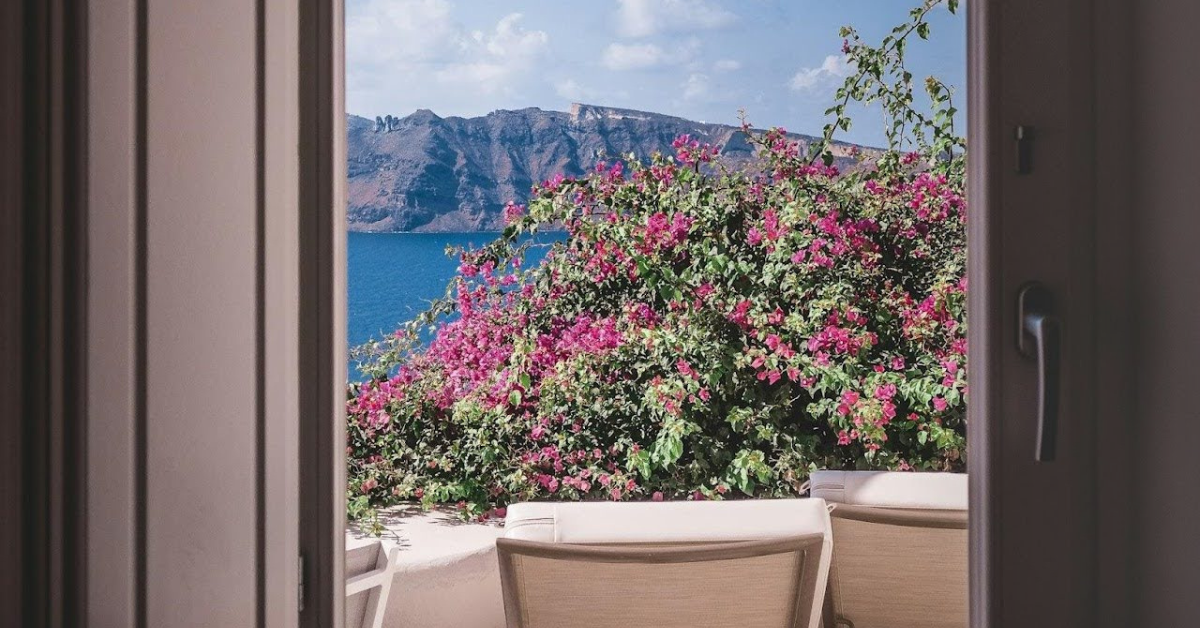
Selecting the ideal window material for your home is a decision that extends beyond mere aesthetics. Windows plays a pivotal role in the functionality and energy efficiency of your home, influencing everything from your indoor comfort to your monthly utility bills. With a variety of materials available—each offering its own set of advantages and drawbacks—making the right choice can be overwhelming.
From the classic charm of wood to the modern durability of fiberglass, understanding the characteristics of each material is essential in finding the perfect fit for your home’s needs and style. This guide aims to break down the key factors to consider when choosing between different window materials, helping you navigate through options such as wood, vinyl, aluminum, and fiberglass to make an informed decision that enhances both the functionality and aesthetic appeal of your living space.
The Importance of Professional Window Installation
Opting for professional window installation is crucial for ensuring the optimal performance and longevity of your windows. Proper installation not only enhances the energy efficiency of your home by minimizing air leaks and improving insulation but also prevents potential issues such as water damage and structural problems. Whether you are looking for windows in dallas tx or any other city, professionals have the expertise to handle various window types and materials, ensuring they are correctly fitted and sealed.
This attention to detail helps to maximize the windows’ lifespan and functionality, reducing the need for costly repairs or replacements in the future. Additionally, professional installation can safeguard against warranty voiding and ensure compliance with building codes and regulations, offering peace of mind and long-term value.
Wood Windows: Timeless Beauty
Wood windows have been a popular choice for centuries due to their classic appearance and excellent insulation properties. They add a touch of elegance and warmth to any home, making them a favorite among homeowners who value aesthetics and traditional design. Wood is a natural insulator, providing superior thermal performance and helping to reduce energy costs.
However, wood windows require regular maintenance, such as painting or staining, to protect them from moisture, insects, and decay. Despite the maintenance demands, many homeowners find that the timeless beauty and insulation benefits of wood windows make them a worthwhile investment.
Vinyl Windows: Affordable and Low Maintenance
Vinyl windows have gained popularity in recent years due to their affordability, energy efficiency, and low maintenance requirements. Made from polyvinyl chloride (PVC), vinyl windows are resistant to moisture, insects, and rot, making them a durable option for various climates. They are also easy to clean and never need painting, which reduces ongoing maintenance costs.
Vinyl windows offer good insulation and can help improve a home’s energy efficiency, but they can sometimes lack the aesthetic appeal of wood or other materials. Additionally, extreme temperature fluctuations can cause vinyl to expand and contract, potentially affecting its longevity. However, for homeowners seeking a cost-effective and low-maintenance solution, vinyl windows are an excellent choice.
Aluminum Windows: Strength and Modern Aesthetics
Aluminum windows are known for their strength, durability, and sleek, modern appearance. They are particularly popular in contemporary and commercial architecture due to their slim profiles, which allow for larger glass areas and unobstructed views. Aluminum is lightweight yet strong, making it ideal for large window installations. It is also resistant to rust and corrosion, ensuring longevity even in harsh weather conditions.
However, aluminum windows are not as energy-efficient as other materials, as metal is a poor insulator. To address this, many aluminum windows now feature thermal breaks—insulating barriers within the frame that reduce heat transfer. While aluminum windows may not offer the same level of insulation as wood or vinyl, their strength, durability, and modern aesthetics make them a compelling choice for certain applications.
Fiberglass Windows: Strength and Energy Efficiency
Fiberglass windows are gaining traction as a premium window material that combines the best features of other materials. Made from glass fibers and resin, fiberglass is incredibly strong and resistant to warping, swelling, and rotting. It offers excellent insulation properties, rivaling those of wood, and is highly energy-efficient, helping to reduce heating and cooling costs.
Fiberglass windows are also low maintenance, requiring only occasional cleaning and minimal upkeep. They can be painted to match any color scheme, providing flexibility in design. Although fiberglass windows tend to be more expensive than vinyl or aluminum, their durability, energy efficiency, and minimal maintenance make them a long-term investment that can enhance the value of your home.
Comparing Costs and Lifespan
When choosing window materials, it’s essential to consider both the initial cost and the long-term value. Wood windows, while often more expensive up front, can last for decades with proper maintenance and offer a timeless aesthetic that can increase a home’s resale value. Vinyl windows are generally the most affordable option and offer a good balance of energy efficiency and low maintenance, though their lifespan may be shorter than that of wood or fiberglass.
Aluminum windows, while durable and modern, may require additional investment in thermal breaks to improve energy efficiency. Fiberglass windows, although pricier, offer a combination of strength, energy efficiency, and low maintenance that can provide significant long-term savings. Weighing the initial cost against the expected lifespan and maintenance requirements can help you determine the best value for your investment.
Climate Considerations
The climate in which you live plays a crucial role in determining the best window material for your home. In areas with extreme temperatures, such as very hot or cold climates, materials with superior insulation properties, like wood or fiberglass, are advantageous. They can help maintain a consistent indoor temperature and reduce energy costs. In humid or rainy climates, materials resistant to moisture and rot, such as vinyl or aluminum, are preferable to prevent damage and ensure longevity.
Additionally, regions prone to severe weather conditions, like hurricanes or heavy snowfall, may benefit from the strength and durability of aluminum or fiberglass windows. Considering the climate-specific challenges can guide you in selecting the window material that offers the best performance and durability for your home.
Aesthetic Preferences and Architectural Style
Your home’s architectural style and your personal aesthetic preferences are significant factors in choosing window materials. Wood windows are often favored for traditional, historic, or high-end homes due to their classic appearance and ability to be custom-shaped and painted. Vinyl windows, with their wide range of styles and colors, can complement various home designs while offering a clean and modern look. Aluminum windows, with their slim profiles and contemporary appeal, are ideal for modern and industrial-style homes. Fiberglass windows, with their versatility and ability to mimic the look of wood, can suit both traditional and modern aesthetics. Matching the window material to your home’s style ensures a cohesive and visually appealing look that enhances curb appeal.
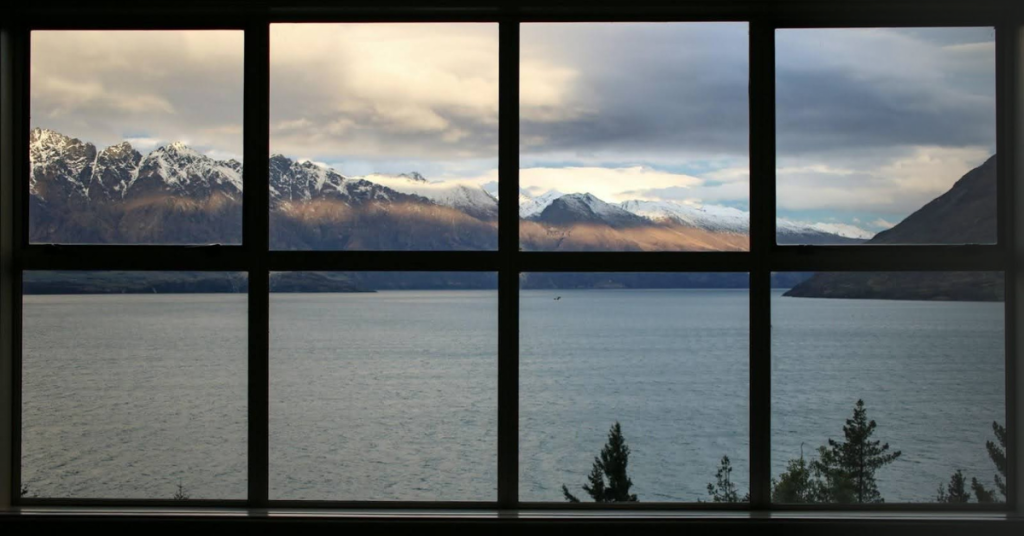
Choosing the right window materials for your home involves balancing factors such as cost, maintenance, energy efficiency, aesthetics, and environmental impact. By understanding the unique benefits and drawbacks of wood, vinyl, aluminum, and fiberglass windows, you can make an informed decision that meets your specific needs and enhances your home’s comfort and value. Consider your climate, architectural style, and long-term goals to select the window material that best suits your home, ensuring a lasting and satisfying investment.

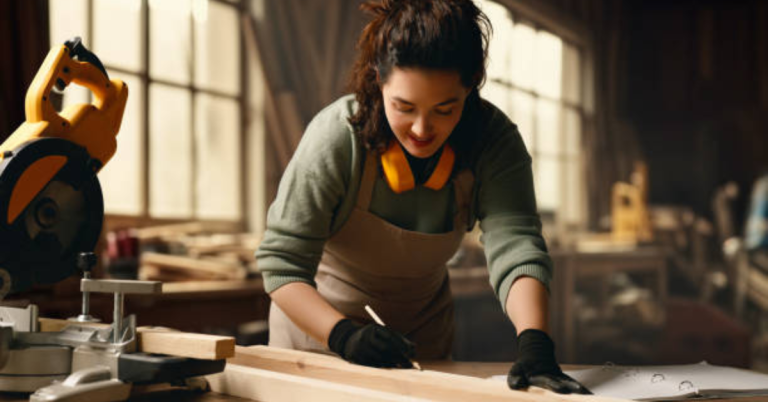
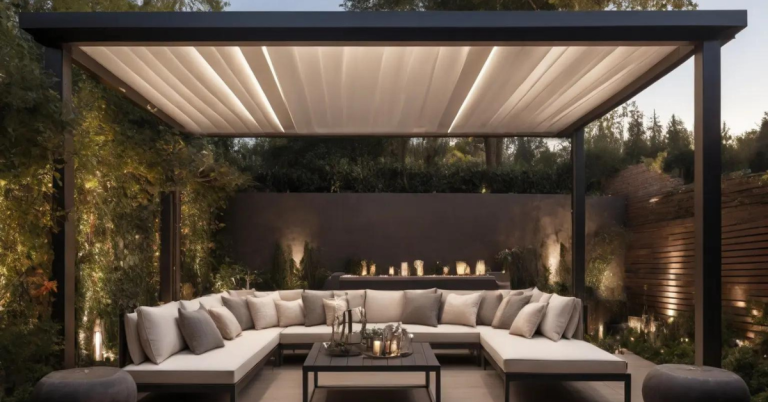
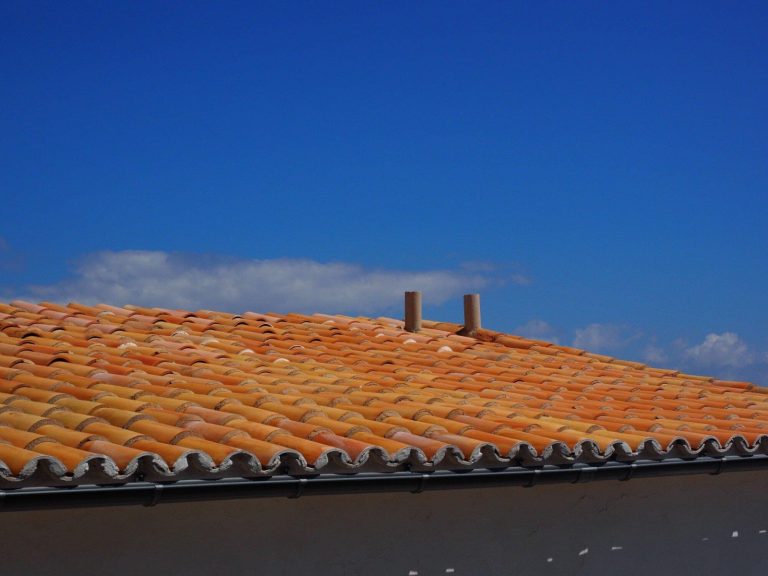


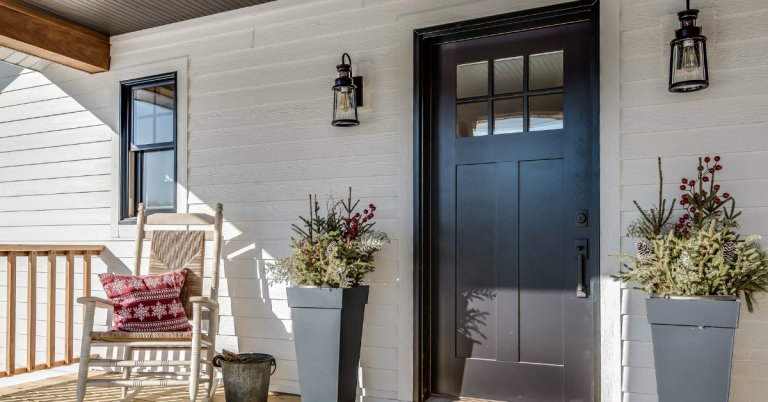
One Comment